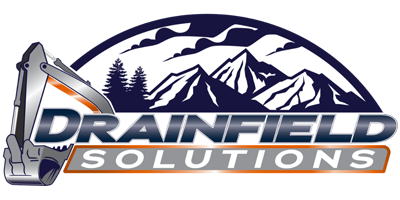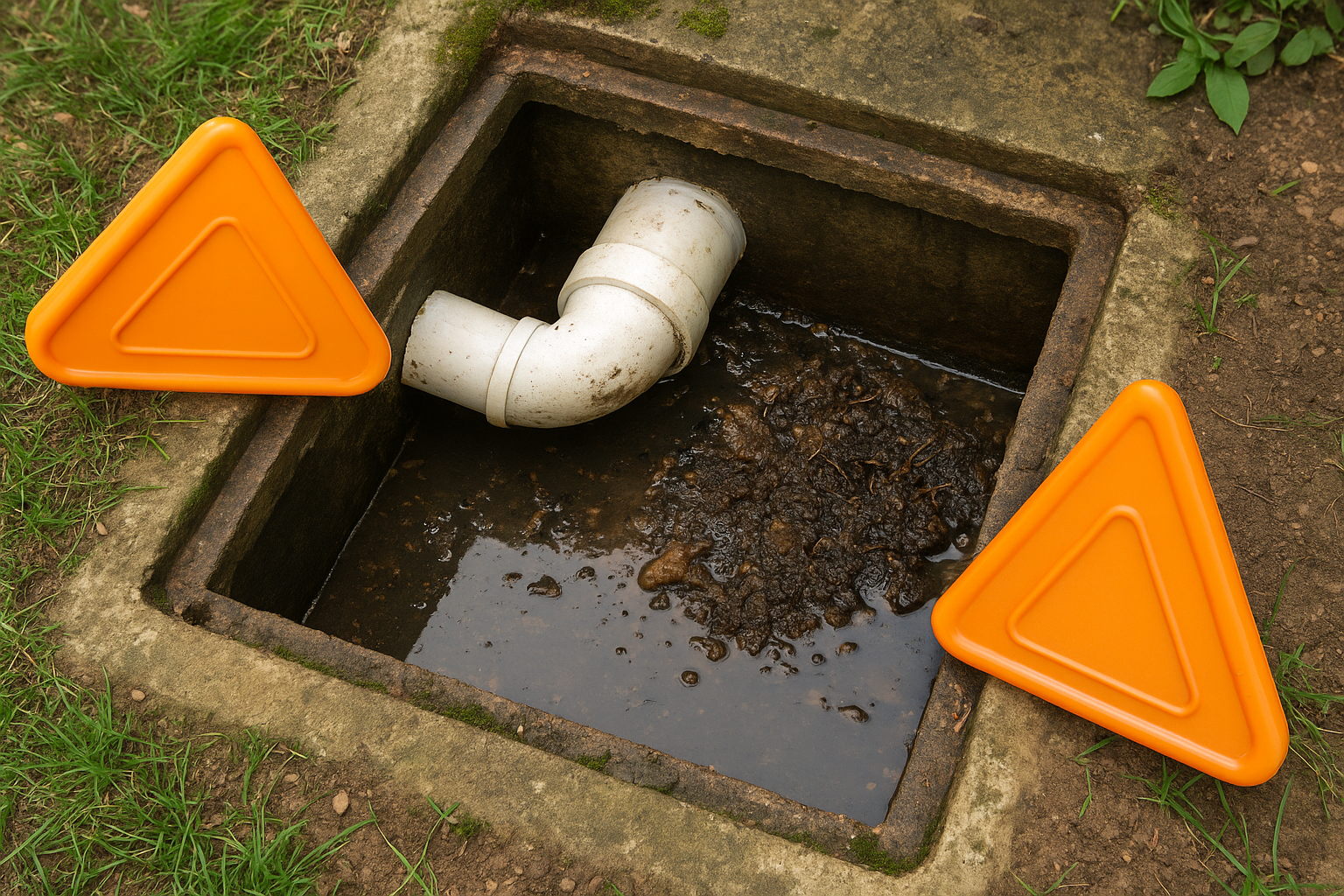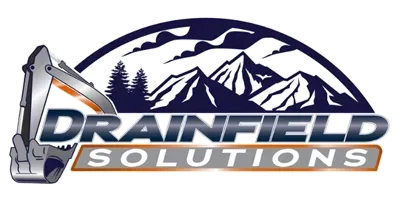Your trusted resource for expert septic drainfield advice, septic maintenance guidance, industry updates and more
Septic Resources Hub: Expert Septic Tips & Guides You Can Trust
Popular Searches:
Septic, Maintenance, Drainfield

Septic System Blog Library: Expert Septic Tips & Insights
Browse our collection of blogs covering septic system care. From troubleshooting common septic problems to learning about alternative septic systems, stay informed and prepared.
Frequently Asked Questions
Have septic questions? We have answers. Visit our FAQs to find expert solutions to common septic system problems.
Keep your septic system running smoothly.
Septic System Maintenance Tips to Keep Your Septic System Running Smoothly
Regular septic maintenance helps prevent costly septic drainfield repairs. Explore our expert tips to keep your system working properly and avoid emergency septic service calls.
Stay Updated with the Latest Septic Industry News
Watch and Learn:
Septic System Tutorials
Prefer to learn by watching? Our step-by-step video tutorials guide you through essential septic system tasks—from routine septic maintenance to troubleshooting common issues—with easy, practical advice.







